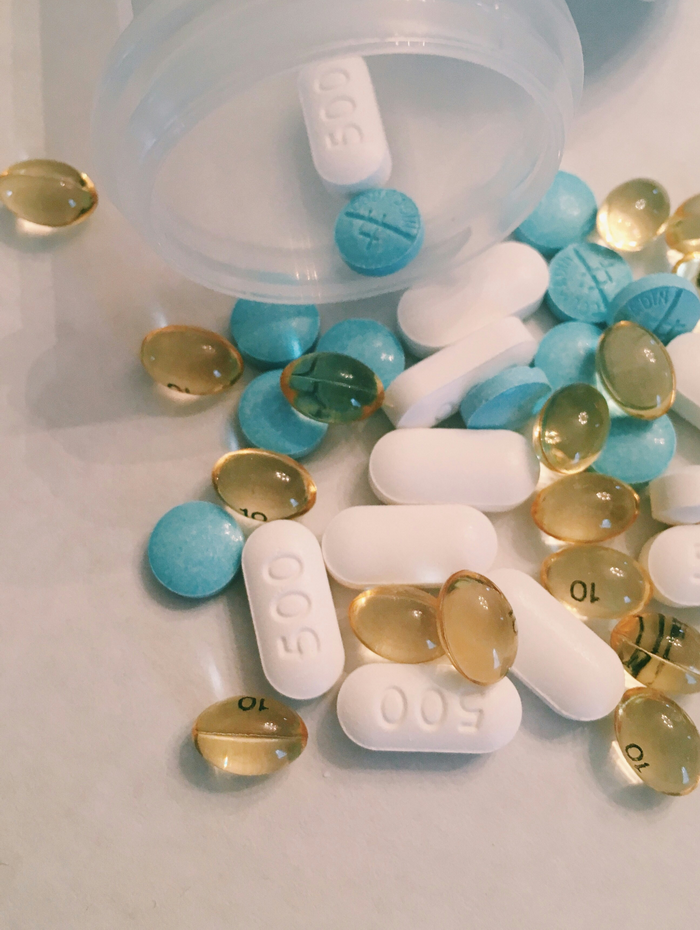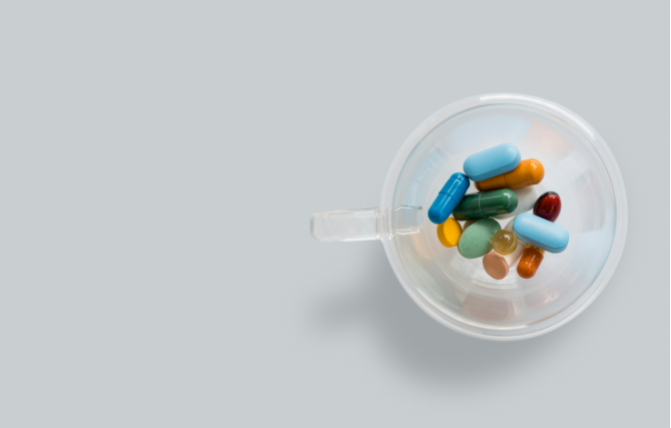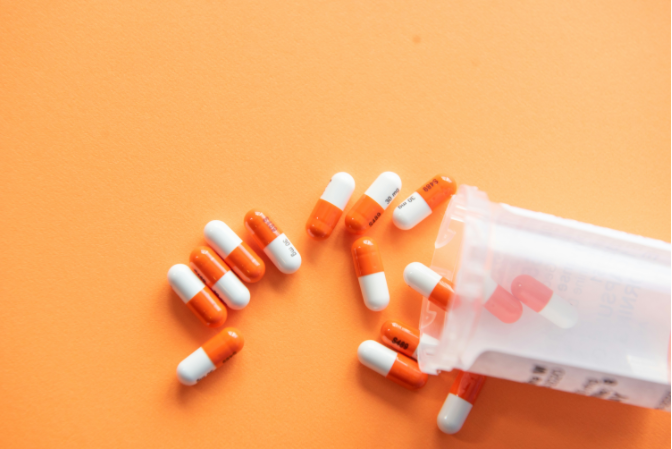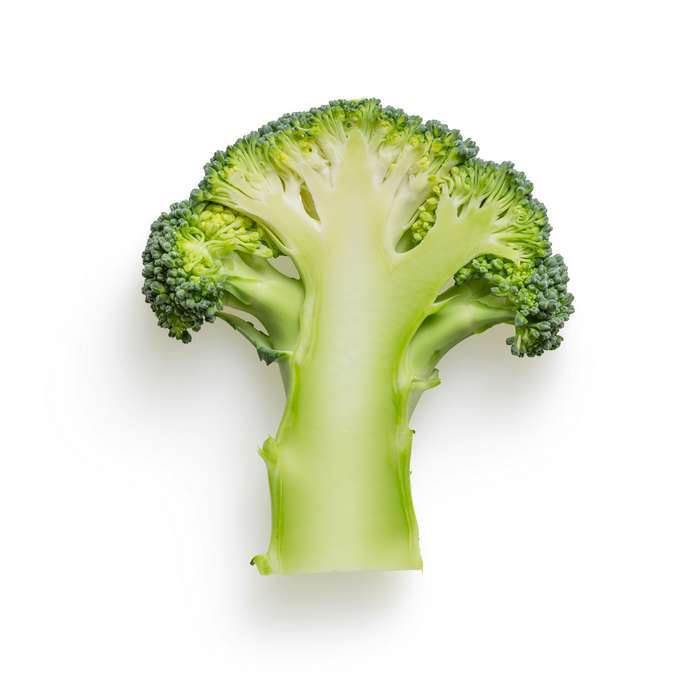Content Menu
● Understanding Green Tea Extract
● Potential Health Benefits of Green Tea Extract
● Safety Considerations
● Determining Safe Dosage
● Research-Based Recommendations
● Best Practices for Safe Consumption
● Conclusion
Green tea, a beverage that has been consumed for thousands of years, has gained significant popularity in recent times due to its potential health benefits. As interest in natural health supplements grows, green tea extract has emerged as a concentrated form of the beverage's beneficial compounds. However, with this concentration comes the question of safety. How much green tea extract is safe to consume? This comprehensive article delves into the world of green tea extract, exploring its composition, potential benefits, safety concerns, and recommended dosages.

Understanding Green Tea Extract
Green tea extract is a concentrated form of the compounds found in green tea leaves. The primary components of interest are catechins, a group of polyphenols that act as powerful antioxidants. Among these catechins, epigallocatechin gallate (EGCG) is the most abundant and is believed to be responsible for many of the health benefits associated with green tea consumption.
The extraction process involves taking the leaves of the Camellia sinensis plant and concentrating their beneficial compounds. This results in a product that can be consumed in various forms, including capsules, powders, and liquid extracts. The concentration of catechins in these extracts can be significantly higher than what is found in a typical cup of brewed green tea.
Potential Health Benefits of Green Tea Extract
Before delving into safety considerations, it's important to understand why green tea extract has garnered so much attention. Numerous studies have investigated the potential health benefits of green tea and its concentrated extract form. Some of the reported benefits include:
1. Antioxidant Properties: The catechins in green tea extract are potent antioxidants that can help protect cells from damage caused by free radicals. This antioxidant activity is thought to contribute to various health benefits, including reduced risk of certain chronic diseases.
2. Weight Management: Some research suggests that green tea extract may boost metabolism and increase fat burning, potentially aiding in weight loss efforts when combined with a healthy diet and exercise.
3. Heart Health: Regular consumption of green tea has been associated with improved cardiovascular health, including lower risk of heart disease and stroke. The extract form may offer similar benefits.
4. Cognitive Function: Some studies indicate that the compounds in green tea extract may have neuroprotective effects, potentially benefiting brain health and cognitive function.
5. Cancer Prevention: While more research is needed, some studies suggest that the antioxidants in green tea extract may have anti-cancer properties, potentially reducing the risk of certain types of cancer.
6. Skin Health: The antioxidants in green tea extract may help protect the skin from UV damage and signs of aging when applied topically or consumed orally.

Safety Considerations
While green tea extract offers potential health benefits, it's crucial to consider safety aspects, especially when consuming concentrated forms. The safety profile of green tea extract has been the subject of numerous studies and regulatory assessments. Here are some key points to consider:
1. Liver Health: One of the primary safety concerns associated with green tea extract is its potential impact on liver health. Some cases of liver injury have been reported in individuals consuming high doses of green tea extract, particularly when taken on an empty stomach or in a fasted state.
2. Caffeine Content: Green tea extract contains caffeine, which can cause side effects such as insomnia, nervousness, and increased heart rate in sensitive individuals or when consumed in large amounts.
3. Iron Absorption: The catechins in green tea extract can interfere with iron absorption. This is particularly important for individuals with iron deficiency or those at risk of anemia.
4. Interactions with Medications: Green tea extract may interact with certain medications, including blood thinners, stimulants, and some antibiotics. It's essential to consult with a healthcare provider before adding green tea extract to your regimen, especially if you're taking medications.
5. Individual Sensitivity: Some people may be more sensitive to the effects of green tea extract than others. Factors such as genetics, overall health status, and concurrent use of other supplements or medications can influence an individual's response.

Determining Safe Dosage
The question of how much green tea extract is safe to consume doesn't have a simple, one-size-fits-all answer. Several factors need to be considered:
1. Form of Consumption: The safety profile of green tea extract can vary depending on whether it's consumed as a beverage, in food products, or as a concentrated supplement.
2. Individual Factors: Age, weight, overall health status, and sensitivity to caffeine and other compounds in green tea extract can influence what constitutes a safe dose for an individual.
3. Duration of Use: The safety of long-term use of high-dose green tea extract supplements has not been fully established. Short-term use may have a different safety profile compared to prolonged consumption.
4. Concentration of Active Compounds: The concentration of catechins, particularly EGCG, can vary significantly between different green tea extract products. This variation makes it challenging to establish a universal safe dose.
5. Regulatory Guidelines: Different countries and regulatory bodies may have varying recommendations regarding the safe consumption of green tea extract.

Research-Based Recommendations
While specific safe dosage recommendations can vary, some general guidelines have emerged from scientific research and regulatory assessments:
For Green Tea Beverages: Consuming green tea as a beverage is generally considered safe for most adults when consumed in moderate amounts. The traditional consumption pattern in many Asian countries, where green tea is a staple beverage, typically involves drinking about three cups per day.
For Green Tea Extract Supplements: When it comes to concentrated green tea extract supplements, the situation becomes more complex. Some studies have used doses ranging from 300 to 800 mg of EGCG per day without reporting significant adverse effects. However, it's important to note that these studies were conducted under controlled conditions and may not reflect long-term safety for all individuals.
A conservative approach suggested by some experts is to limit EGCG intake from supplements to no more than 300-350 mg per day. This recommendation is based on a comprehensive review of available safety data and aims to minimize the risk of adverse effects while still potentially providing health benefits.
It's crucial to emphasize that these are general guidelines and may not be appropriate for everyone. Individuals with pre-existing health conditions, those taking medications, pregnant or breastfeeding women, and children should consult with a healthcare provider before using green tea extract supplements.

Best Practices for Safe Consumption
To maximize the potential benefits of green tea extract while minimizing risks, consider the following best practices:
1. Start Low and Go Slow: If you're new to green tea extract supplements, start with a low dose and gradually increase it while monitoring for any adverse effects.
2. Choose Quality Products: Select green tea extract supplements from reputable manufacturers that provide clear information about the product's composition and have undergone third-party testing.
3. Take with Food: Consuming green tea extract with meals may help reduce the risk of liver-related side effects.
4. Stay Hydrated: Adequate hydration is important when consuming green tea extract, especially given its caffeine content.
5. Be Aware of Total Intake: Consider your overall intake of catechins and caffeine from all sources, including tea, coffee, and other supplements.
6. Listen to Your Body: Pay attention to how your body responds to green tea extract. If you experience any unusual symptoms, discontinue use and consult a healthcare provider.
7. Regular Check-ups: If you're using green tea extract supplements regularly, consider having periodic liver function tests as a precautionary measure.
8. Avoid in Certain Conditions: People with liver problems, iron deficiency, or those taking certain medications should be particularly cautious and consult with a healthcare provider before using green tea extract supplements.

Conclusion
Green tea extract offers a concentrated source of potentially beneficial compounds found in green tea. While it may provide various health benefits, it's crucial to approach its use with caution and awareness. The safety of green tea extract depends on various factors, including the form of consumption, dosage, individual health status, and duration of use.
For most healthy adults, moderate consumption of green tea as a beverage is likely safe and may even offer health benefits. When it comes to concentrated green tea extract supplements, a more cautious approach is warranted. Adhering to conservative dosage recommendations, such as limiting EGCG intake from supplements to around 300-350 mg per day, may help balance potential benefits with safety considerations.
However, it's important to remember that individual responses can vary, and what's safe for one person may not be for another. Consulting with a healthcare provider before starting any new supplement regimen, including green tea extract, is always a wise decision. They can provide personalized advice based on your individual health status, medications, and other relevant factors.
As research in this area continues to evolve, our understanding of the safe use of green tea extract may be refined. Staying informed about the latest scientific findings and regulatory guidelines is crucial for anyone interested in incorporating green tea extract into their health routine.
Ultimately, the goal is to harness the potential benefits of green tea extract while prioritizing safety. By approaching its use with knowledge, caution, and professional guidance when needed, individuals can make informed decisions about whether and how to incorporate green tea extract into their health and wellness practices.

































